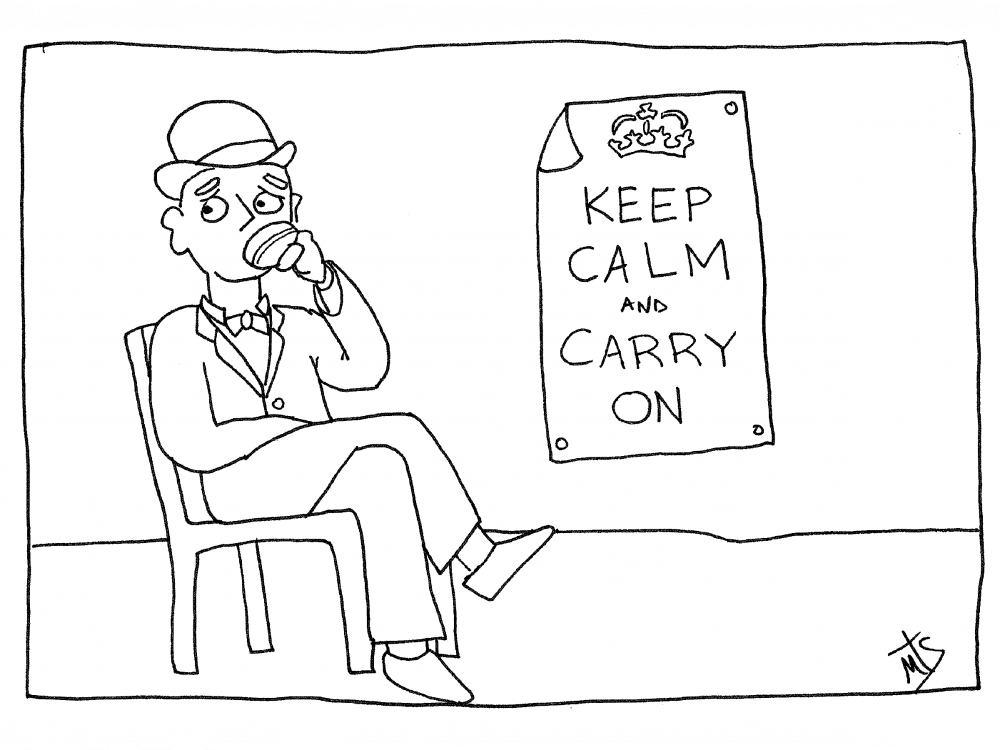Welcome to 2017, the year of the first female president, an EU complete with the United Kingdom and the world champion Cleveland Indians.
These were perhaps the biggest failed predictions of last year, though there were so many to choose from.
With this in mind, the Editorial Board is not surprised to read the recent reports from some British media refuting the second half of the Brexit narrative from last year.
We were told the British economy would be irreversibly damaged if the country were to go through with leaving the EU, but this hasn’t happened yet.
In fact, the Telegraph is now reporting that many signs show the British economy is in fact doing much better than anticipated.
One measure, the purchasing manager’s index, put out by the business research firm IHS Markit, shows an increase in service sector activity after the Brexit vote.
Additionally, the overall economy expanded. The PMI numbers estimate overall economic growth was at a 17-month high last December.
This all goes to show that the so-called experts had almost no idea what they were talking about.
First, we heard Brexit would not happen. They said the polls were decisive and that there was no way Leave would prevail in the referendum. Undeterred by getting this wrong, they assured us the U.K.’s economy would suffer tremendously after defying the EU.
We have come to rely too much on the predictive power of experts.
In our constantly connected, technologically advanced age, there is an impulse to use science to explain everything.
This is good where variables can be accounted for and measured, but with issues like a popular referendum, there are so many unpredictable factors.
This is not to say that polling is bad or unscientific, only that it has come to represent our over-reliance on science in matters that are inherently non-scientific. Humans are unpredictable. We make decisions under conditions that very rarely can be measured in a lab.
The Brexit fiasco just goes to show that we must always remember this.
Expert opinion and imperfect measures like polls must embrace the gray areas. We must be comfortable hearing those words, “I do not know.”
In this sense, it is not just the fault of the experts, intelligentsia, media or other predictive groups. As a culture, we’re afraid of the uncertain. We feel the need to know the result before the event.
Only by becoming comfortable with not knowing will we be able to avoid such issues in the future.
Perhaps if those on the losing side of Brexit and the presidential race had not been so self-assured, the results would have been different.
This would have the fortunate side effect of adding to public discourse and debate because both sides would work as though they were losing, meeting every voter and collecting every possible signature.
Overconfidence often gets in the way of victory.




